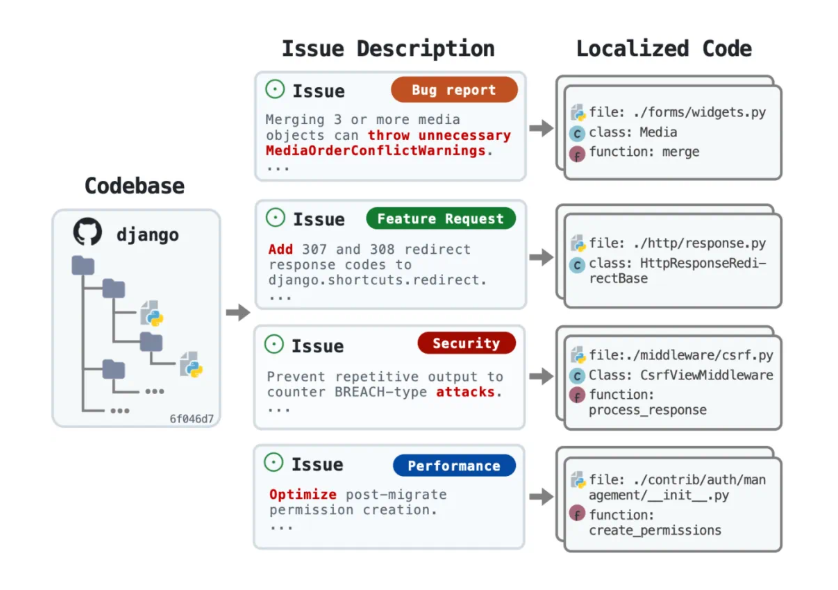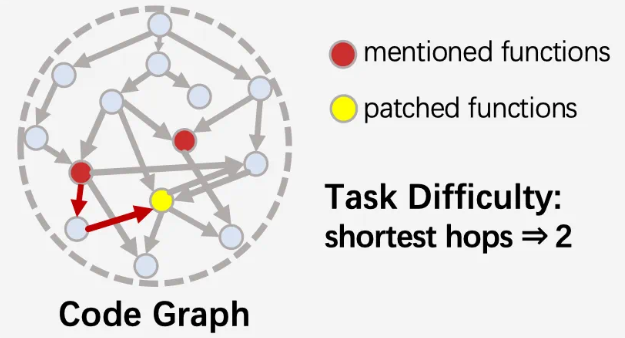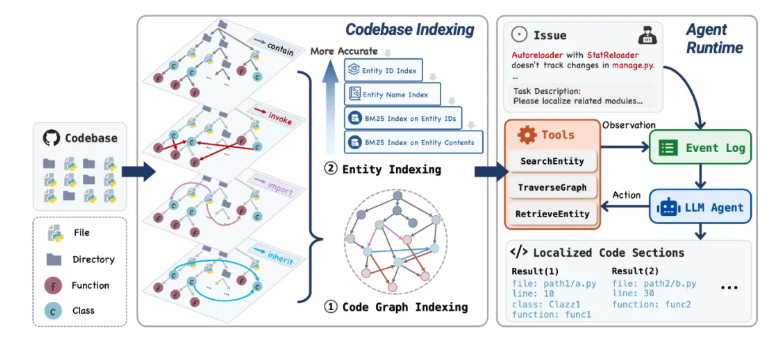LocAgent Boosts Code Localization Accuracy to 92.7%
A breakthrough in developer tools has arrived with LocAgent, a graph-indexed large language model framework that achieves 92.7% accuracy in code localization. Developed by teams from OpenHands, Yale University, USC, and Stanford, this innovation addresses one of programming's most persistent challenges: efficiently pinpointing problematic code.

For developers wrestling with bug reports or system errors, the question "Where exactly should I make changes?" often leads to time-consuming searches through complex codebases. Traditional approaches—whether crude keyword matching or inefficiently feeding entire repositories to LLMs—fail to account for the intricate call relationships between natural language problem descriptions and actual code locations.
How LocAgent Works The system's game-changing approach involves parsing complete codebases into interconnected graphs that map files, classes, and functions. This structure enables LLMs to navigate code like using a detailed map rather than wandering blindly. A layered sparse indexing method allows rapid target narrowing—think of it as GPS navigation for source code.

LocAgent equips LLM agents with intuitive tools for querying these code graphs:
- Keyword search with contextual awareness
- Precise information extraction capabilities
- Intelligent graph traversal functions
These features enable step-by-step reasoning that mimics how senior developers analyze systems. Recent benchmarks on the SWE-Bench Lite dataset demonstrate LocAgent's superiority over conventional methods.

The framework's upcoming presentation at ACL 2025 signals its potential to revolutionize debugging workflows. By transforming chaotic code exploration into structured navigation, LocAgent could save countless developer hours while reducing frustration.
Key Points
- Achieves unprecedented 92.7% accuracy in locating problematic code sections
- Converts repositories into navigable graphs showing file/class/function relationships
- Outperforms traditional methods on SWE-Bench Lite benchmark tests
- Developed through collaboration between academic institutions and OpenHands
- Scheduled for official unveiling at ACL 2025 conference